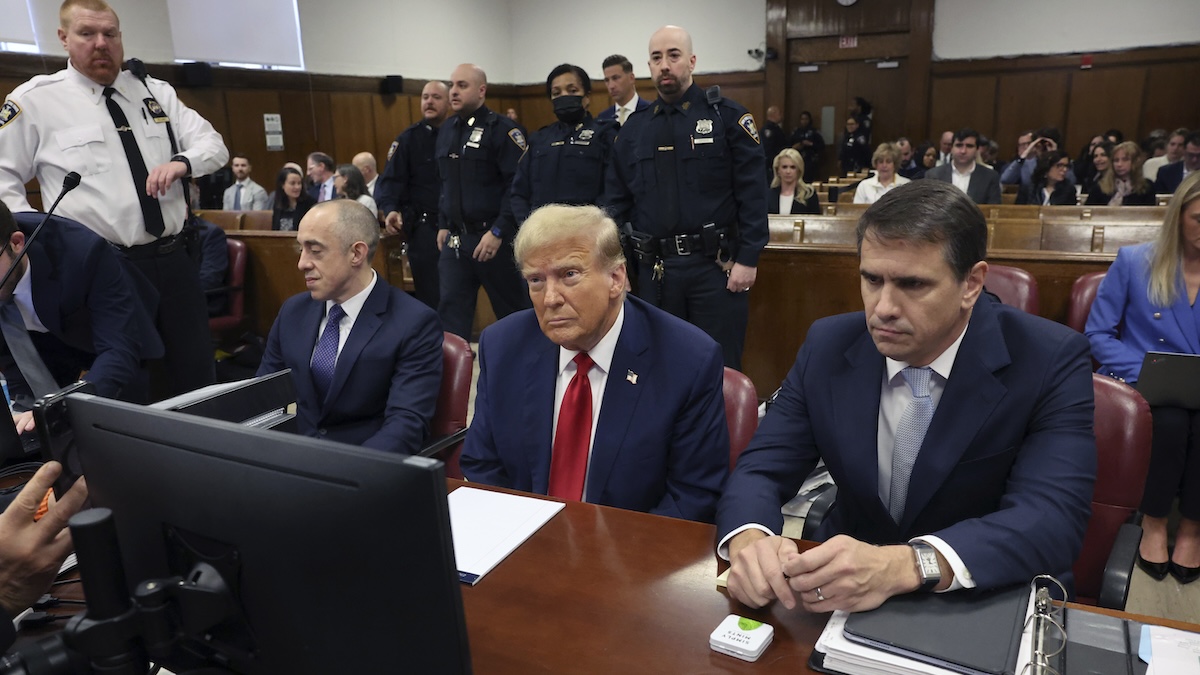If you’re a long-time observer of politics in Illinois and Chicago, you know it’s pretty easy to get jaded. That’s because politics around here is often a parade of the familiar: broken promises, disgraced politicians and policies and programs that favor the connected over the many.
But every so often something comes along that makes you sit up and take notice. Here are three of the bigger stories I learned about politics in Chicago and Illinois this year, with an added bonus from personal experience thrown in for good measure.
There’s a flicker of independence in Chicago City Council. I’m going to let you in on a little secret: My pet name for the notoriously un-independent Chicago City Council isn't “rubber stamp”. It’s “North Korea”. That’s because in case after case, the Council doesn't just do what the Mayor wants. Instead, aldermen sit on their hands and wait for the Mayor to tell them what to think before they go off and follow his orders.
In 2013, however, something surprising happened: Some aldermen started thinking for themselves. In fact, an entire group of them—the Progressive Reform Coalition—got together and started looking at things a bit different than the prevailing wisdom in city government.
Eight aldermen—Bob Fioretti (2), Leslie Hairston (5), Roderick Sawyer (6), Toni Foulkes (15), Ricardo Muoz (22), Scott Waguespack (32) Nick Sposato (36) and John Arena (45)—bucked the Mayor on a host of issues, including privatization oversight, an elected school board, TIF reform and more.
Taken together, the PRC suggest that even if the Council may be a long way off from true independence, there always a way for some alderman to get out of the gulag.
While we’re at it: a special shout-out should be given to Ald. Ameya Pawar (47). A smart, forward-thinking alderman committed to reform and especially strong in serving his ward, Among other initiatives, Pawar was a prime mover behind the most important step towards transparency and good government in Chicago all year—the Council Office of Financial Analysis.
Politics
The Chicago GOP has a pulse. Talk to Chris Cleveland long enough, and one thing becomes clear: The Republican Party in Chicago isn't dead. In fact, if anything, it’s being reborn.
Cleveland, vice chairman of the Chicago GOP, is one of the leaders of a revitalized, recommitted Republican Party within the city limits. While the organization as a whole is still finding its feet, Republicans in Chicago are no longer willing to be seen as an afterthought or, worse, a joke in Chicago politics.
The strategy is clear: raise the party’s profile in the city, field as many candidates as possible in previously uncontested state legislative districts and get out enough vote in the city to put the Republican gubernatorial candidate over the top in November.
The group’s successes, while not yet earth-shattering, are still notable: the Chicago GOP went out and found 18 candidates for state legislative races, up from just three last election cycle. Statewide candidates such as Bruce Rauner, Bill Brady and Jim Oberweis are paying court, and on Saturday, Cleveland and his colleagues knocked Mike Madigan’s handpicked fake Republican challenger, Terrence Goggins, off the ballot for nominating petition signature irregularities.
All in all, not a bad start for a party trying to re-make a name for itself.
Rich guy politics aren't dead in Illinois. In this state, the list of wealthy candidates who tried and failed to buy their way into elected office is long: Ron Gidwitz, Andy McKenna, Blair Hull, Jim Oberweis, Jay Pritzker and more. With all of the failures of the past, you would think candidates would learn that, in Illinois at least, having a fat wallet likely works against you as a political candidate.
Now, however, we have wealthy venture capitalist Bruce Rauner. Net income of $53.4 million in 2012. Ten residences across the country, many worth millions. Ownership stakes in three professional sports franchises. Investing more than $1.2 million in his own campaign for governor.
Rauner himself downplays his wealth with a fondness for casual clothes, folksy speech and a $20 watch.
The question for 2014 is whether his down-home ways will be enough. If not, he could join the long list of Illinois politicians who’s money didn't help them come Election Day.
Added bonus: Don’t upset Mancow fans. In November, I wrote a piece suggesting Chicago wouldn't miss radio shock jock Erich “Mancow” Muller, who announced he was leaving the city because it had become “unlivable”.
What I thought was a quick observation on a slow news day was anything but. The piece garnered hundreds of comments and more than 3,000 recommendations on Facebook, easily making it the most read Ward Room piece I’ve written so far. Many of the comments suggested that I was either stupid, jealous or should follow Mr. Muller out of town.
What did I learn from this story? Just this: For my sake, I hope Mancow doesn't decide to move again anytime soon.



